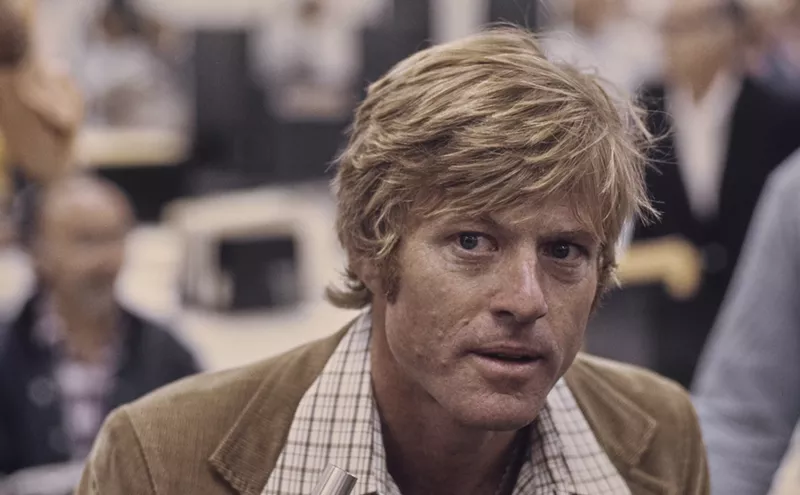But the Bombay-born, London-based Kanga -- whose congenital condition, osteogenesis imperfecta, stunted his bones and turned them fragile as china -- would rather be known for his wit, verbal deftness, and vast knowledge of world literature. Those were the qualities that sheltered him as he grew up in a Parsee community during the '60s and '70s, and like most unusually intelligent people who are hobbled in some fundamental way, Kanga could be both manipulative and arrogant.
Both of those characteristics are on display in Sixth Happiness, the surprisingly raucous, sometimes even dirty-minded fictionalized account of Kanga's coming of age, directed by Indian expatriate and American TV veteran Waris Hussein. Firdaus Kanga makes his movie debut as Brit, short for "brittle" and christened as such by his boisterous sister Dolly (Nina Wadia). You can see his condition makes necessary both scheming and a healthy overdose of confidence, because Brit is acutely aware of how much misery he has brought upon his father Sam (Khodus Wadia), who is so ashamed the co-workers at his bank don't even know he has a son.
But Brit has forceful supporters in both his Anglophilic mother Sera (Souad Faress) and a dauntingly learned tutor named Madame Manekshaw (Sabira Merchant). He's destined to wed his mute cousin Tina (Nisha K. Nayar), a girl he corrupts by lending her Harold Robbins novels, but Brit has a surprise for his family and the intensely homophobic Parsee community in which he lives: He's gay. His sexual and romantic impulses really don't blossom until a handsome boarder named Cyrus (Ahsen Bhatti) moves into the room across the hall and begins treating Brit as something more precious by, ironically, not fearing that he's so breakable.
Whether he's reading the Kama Sutra hidden inside a Shakespearean text or lifting the robes of a meditating holy man to observe that the fellow's hung like a mule, Brit has sex on the brain pretty much from childhood. That disabled people not only experience lust, but actually act on it (and sometimes with members of their own gender), is the kind of no-brainer that, in the gigantic block letters of movie language, nonetheless makes the leap from revelation to revolution (the last comparable film instance I can summon is Marc Singer working his blindness to get some in If You Could See What I Hear).
You realize that, as much sex as you watch in movies today, it's usually all done by the same type of people in the same way. You just don't get to see gay disabled Indians score, not to mention smooch, often enough; Sixth Happiness presents the protagonist's romantic misadventures with the kind of matter-of-factness and sly humor that diverts your sympathy from Brit's multiple minority status and places it squarely on his libido. Still, it's interesting to note where the lines of acceptable images appear in the film: Although there's a surprising amount of intimacy depicted between Cyrus and Brit, you don't actually see them doing the dirty deed. The only reason this becomes conspicuous is that we do watch as a spurned Brit romps with Amy (Indira Varma), Cyrus' new girlfriend, in an act of amorous vengeance.
The most potentially controversial choice in Sixth Happiness has nothing to do with sexuality, but with the producers' decision to cast Firdaus Kanga and have him play himself as an 8-year-old boy. Kanga is a charismatic, handsome fellow whose fiery eyes rivet you, and he's a surprisingly eloquent and subtle actor for someone with no previous on-camera experience. Although some viewers may find they have to make a theatrical leap of imagination to accept a grown-up as a kid -- like they would watching, say, a live one-man show -- I wasn't fazed at all. Kanga is certainly the right size, and the natural wit in his manner and expression doubles perfectly as child-like mischievousness. That, and a touching comic performance by Souad Faress as Brit's inexplicably resourceful mother, make the tragic elements of the film seem almost an afterthought.
Unlike the title character of the recent Simon Burch, Brit doesn't appear to have been afflicted so the rest of us can be cleansed of our sinfulness. And as for living with his own difficult condition, Firdaus Kanga might have found more time to cry if he didn't understand how damn funny people are -- most of all, himself.








